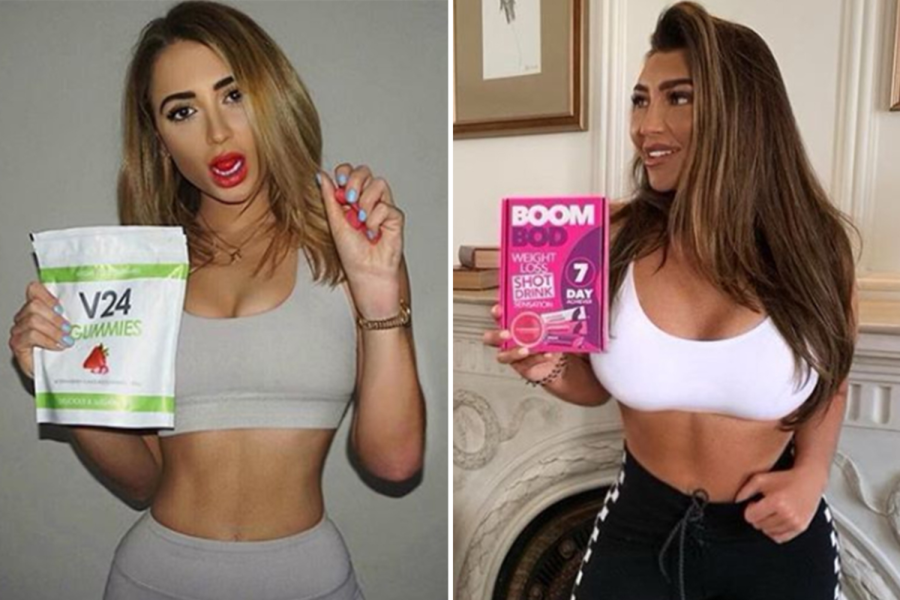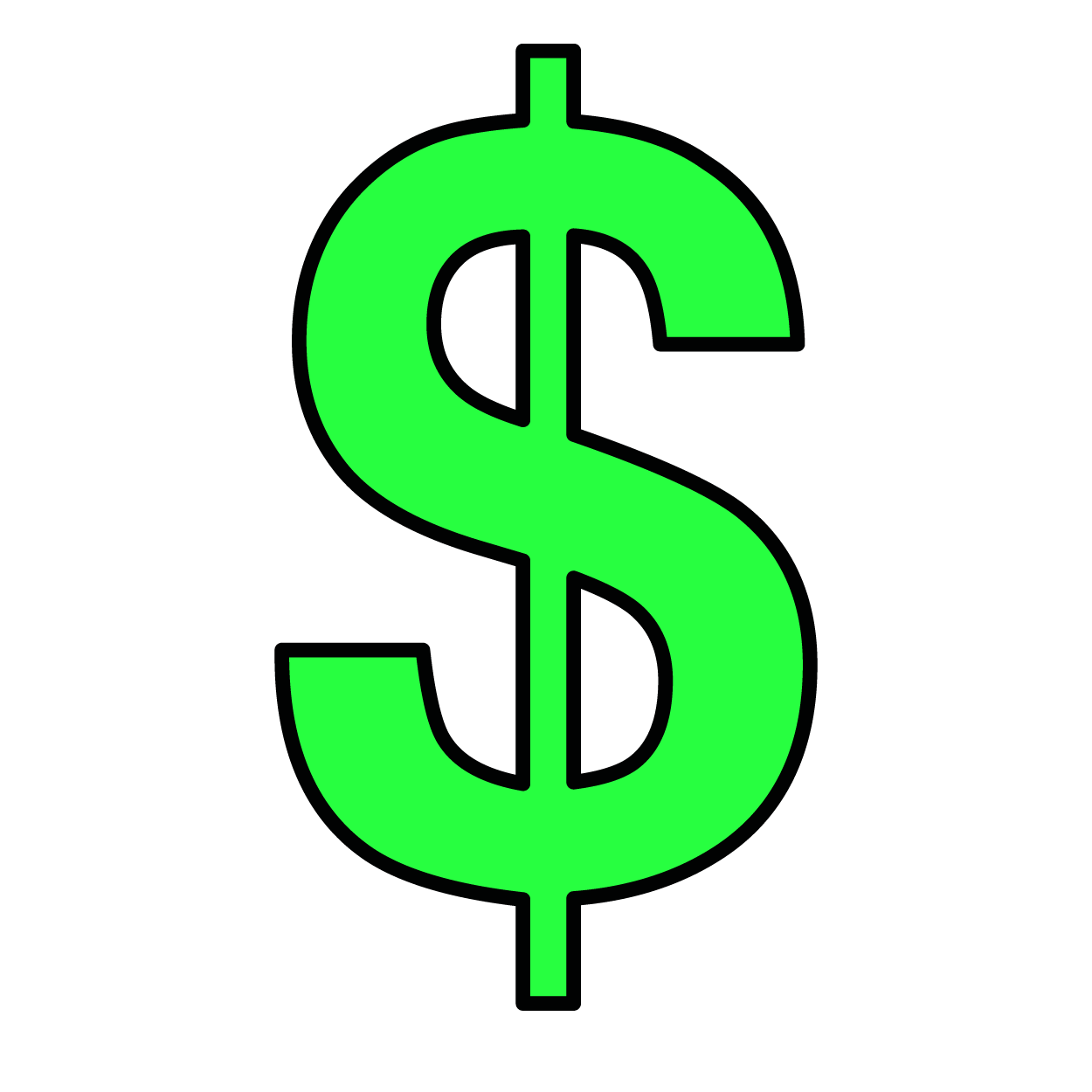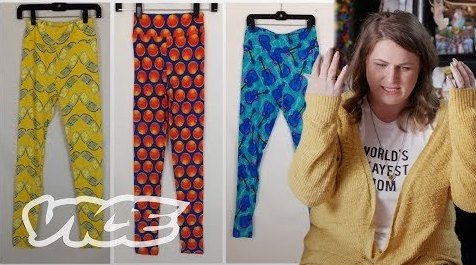THE INTERVIEW
Tell me a little bit about what you do, your youtube channel, as well as your internet analysis series.
I'm a 24-year-old from California, currently living in NYC, and I'm in my final year of my BA in media studies. My youtube channel right now is primarily focused on my internet analysis series, in which I like to research and discuss things relevant to social issues and media.
You have been creating content on YouTube for many years. As social media has changed, what differences have you noticed in advertisements and sponsored content since then? In what form would ads look like on your channel in say, 2012? Or, when did you start doing sponsored content?
Back in the day, YouTubers who had sponsorships were called sell-outs! I'm glad the stigma is pretty much gone now, and most viewers are happy to see their favorite creators get paid -- as long as the sponsorship doesn't interfere with the content too much. I can't remember my first sponsorship exactly, but I think I started getting the occasional sponsor in about 2015, when my channel had about 50k subscribers. I used to be willing to do more "dedicated" sponsors, like an unboxing of a vegan product box or something, but now that my content is a bit more formal, I try to treat my sponsorships as short "commercial" breaks. I always want it to be clear to my viewers which segment of a video is sponsored, then be able to return back to the "main" bit.
You recently conducted research on multi level marketing companies for your videos titled “The MLM "Girl Boss" Narrative is a Lie” as well as “My Sister Was A BOSS BABE (anti-MLM / pyramid scheme story time)” discussing Multi Level Marketing companies. In what ways do these companies use social media to their advantage to deceive/convince people to join?
Social media is definitely a huge part of MLM promotion. From what I've seen, the most prominent use is women trying to create an image of an ideal, aspirational lifestyle, to convince their friends or followers that the MLM is worth joining.
"I'm so glad I can work from my phone! I can go on vacation any time and still earn money!" The idea is to make traditional work sound bad, and therefore make the prospect of joining an MLM intriguing. You've gotta sell the illusion of success, happiness, and ease, even if you're struggling to sell or recruit people, and maybe you haven't even profited at all.
Do you think these companies target a specific audience?
I think MLMs definitely target women, in general, but more specifically 1) college-aged women 2) moms and 3) military spouses. One element of MLMs is creating this sense of community, like a virtual sorority, and a lot of women in these situations are lonely or want to make friends, which makes this more appealing. They also may be struggling to find work, or a job that will fit their lifestyle, so again, MLMs seem like the perfect situation.
What do you think may be the appeal of an MLM or why might someone want to join?
Most MLMs promise the potential to earn thousands of dollars per month, with little effort. That's very appealing to a lot of people! It may sound too good to be true, but when people are desperate, they're willing to take this risk and try it out. So there's the financial appeal; especially when you follow MLM distributors who constantly post about their company car, amazing vacations, hair done / nails done... it makes the financial promise seem legit. "If this woman did it, why can't I?" Then as I mentioned, there's also the element of friendship. Find your tribe! Join a squad of independent girl bosses! There's also the potential to be your own boss, be an entrepreneur. A lot of people are tired of traditional work, so the alternative of working for yourself, working from your phone sounds more relaxed, flexible, and enjoyable.
Recently, Instagram has taken action to limit sponsored content that promotes certain weight loss and beauty products. What kind of precautions do you take before accepting an offer from an advertiser? How do you avoid promoting what may be deceiving products?
I am very strict about what types of brands/products I will promote. Generally my favorites are free apps or services, or at least things that offer free trials. I want my audience to be able to try something out before having to spend anything on it. If I were to promote physical products, they'd have to align with my values: vegan, cruelty-free, no fast fashion, etc.

![]()
I would absolutely never promote any weight loss products, though I do still get "skinny tea" emails occasionally. The thing is, some brands expect creators to accept a sponsor offer and make a post ASAP, even before having a good amount of time to test the product. How can anyone agree to sell a vitamin, for example, before they've had a chance to take it? Anyway, again, there are a lot of types of products that generally fall under "potentially deceiving" so I won't even consider promoting them (usually any kind of health product falls into this. I'm no professional so I definitely don't want to promote anything that could be unsafe, or even just ineffective.)







 How are you??? BTW u would be GREAT for an amazing oppurtunity! Would you like to be able to work from home and become a boss babe??
How are you??? BTW u would be GREAT for an amazing oppurtunity! Would you like to be able to work from home and become a boss babe??










